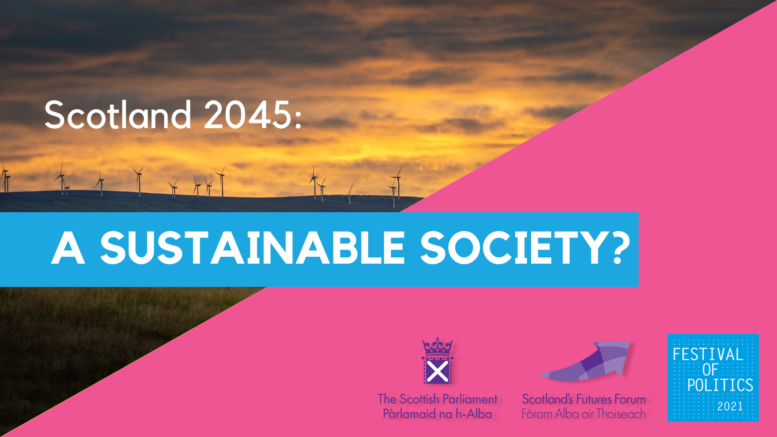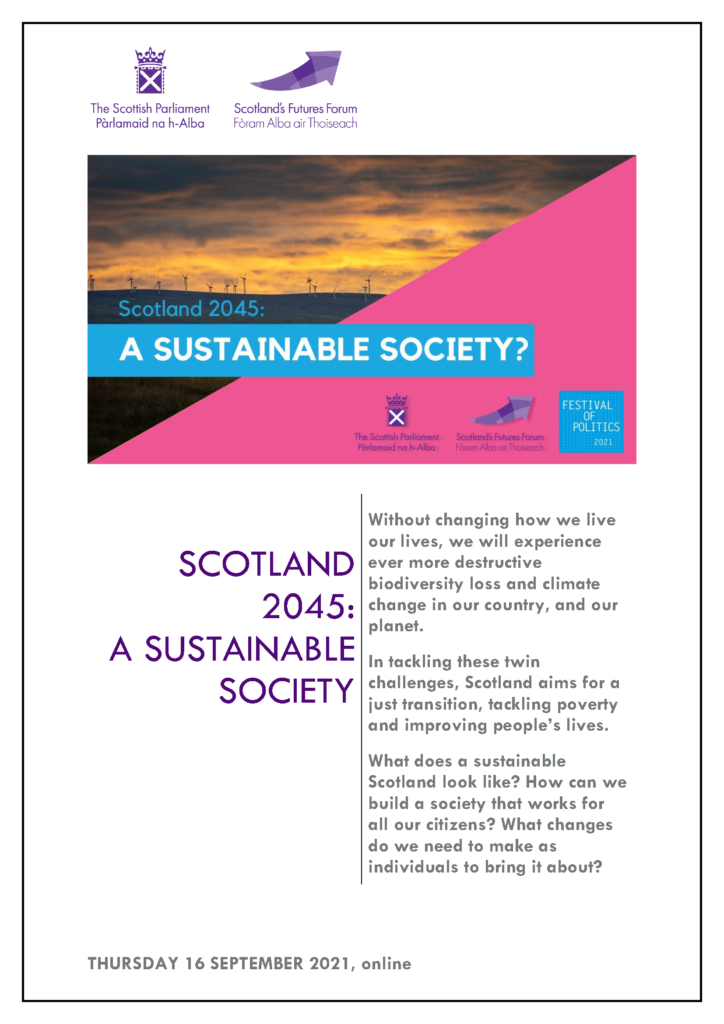Thursday 16 September 2021, online
Without changing how we live our lives, we will experience ever more destructive biodiversity loss and climate change in our country, and our planet.
In tackling these twin challenges, Scotland aims for a just transition, tackling poverty and improving people’s lives.
What does a sustainable Scotland look like? How can we build a society that works for all our citizens? What changes do we need to make as individuals to bring it about?
Introduction
The coming months promise to be central to Scotland’s future. The decisions made at COP26 in Glasgow in November 2021, and Scotland’s response to them, will shape our society and the lives of Scotland’s people for generations to come.
Against that background, Scotland’s Futures Forum hosted a panel of leading thinkers. They explored Scotland’s response to the challenges ahead and imagined our future lives.
The twin challenges of climate change and biodiversity were at the forefront of the discussion, together with a just transition and the need to create a more equal society. A broader conversation followed in response to audience questions, in which panellists explored issues such as the distribution of power, community involvement and the role of art and culture, and touched on innovative developments such as citizens’ assemblies and questions of social justice.
Event Film
Panel

Zarina Ahmad is a climate leader and campaigner. Since being told “ethnic minorities aren’t interested in climate change”, Zarina dedicates herself to help under-represented groups to work in environmental organisations. Women’s Hour on BBC Radio 4 recently named her as one of the top 30 influential women in environment. Zarina has many roles in climate organisations and is currently studying for a PhD on sustainability at Manchester University.
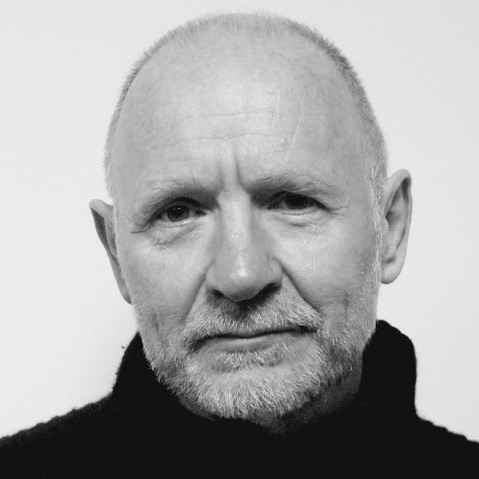
James Robertson is a poet, editor and novelist. His novels, including “Joseph Knight”, “And the Land Lay Still” and “The Professor of Truth” have won many prizes and “The Testament of Gideon Mack” was longlisted for the 2006 Man Booker Prize. James’s books have explored various aspects of Scottish history, society and culture and he has been described as the chronicler of Scotland on more than one occasion. His latest novel, “News of the Dead”, came out in August.
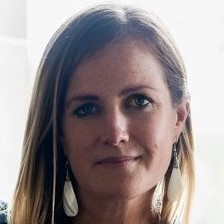
Katherine Trebeck is a writer, researcher and an advocate for economic system change. Her main work is on the wellbeing economy – an economy that delivers for people and the planet. Katherine is a co-founder of the global Wellbeing Economy Alliance. She helped instigate the Wellbeing Economy Governments group, counting among its members governments of New Zealand, Finland, Iceland, Wales and Scotland. Katherine recently co-authored the book “The Economics of Arrival: Ideas for a Grown-Up Economy”.
Chair
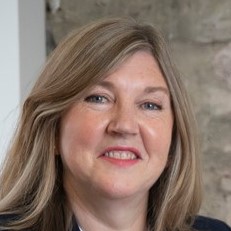
Alison Johnstone MSP is the Scottish Parliament’s Presiding Officer. As part of this role, she chairs Scotland’s Futures Forum, the Parliament’s futures think-tank. Alison has been an MSP since 2011. She represented the Lothian region as a Green MSP before undertaking the non-political role of Presiding Officer, after the 2021 election.
Other resources
Read the Scottish Parliament Information Centre [SPICe] Briefing “COP26 - An Introduction to the UN Conference of the Parties” Read the SPICe Briefing “Expert views on green recovery from COVID-19, and alignment with Scottish Government plans” Read relevant blogs on SPICe Spotlight Read about the Scottish Parliament's Net Zero, Energy and Transport Committee
Discussion
“More of the same?”
Regeneration: Where do we go from here?
As the panellists acknowledged, the COVI-19 pandemic has exposed or made more prominent many flaws in our current system, including vertical and horizontal inequalities, the existence of food banks and precarious work.
It is clear we require nothing short of transformational change, not merely what Katherine described as a patch-and-repair approach. As she noted, the system right now is not intelligent or just, and we spend so much money on simply trying to repair the damage it causes.
At present, there is much talk about how Scotland recovers from COVID, but James stressed the need for caution. He noted the dangers inherent in pursuing a ‘building back better’ or ‘global Britain’ model that offers only more of the same with a greenish tinge.
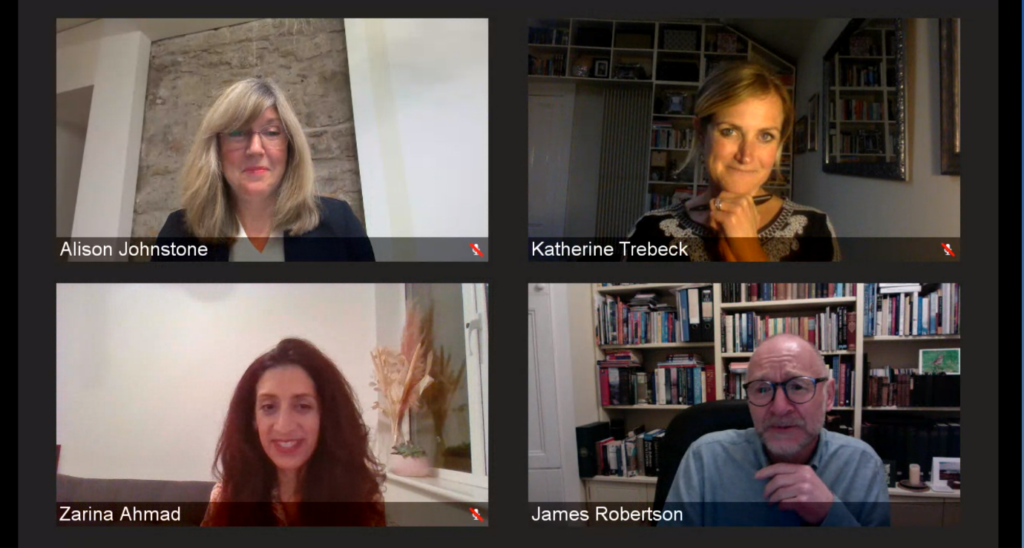
Katherine cited COVID vaccine collaboration as a great example of co-operation, and it was noted that the pandemic had shone a light on the importance of values such as kindness and fairness. Taking an idealistic perspective, Zarina emphasised the need for sweeping reform, envisaging a society where everyone is happier and more content. The panellists agreed that, in thinking about what needs to change and what should stay the same, we should consider how issues such as COVID recovery, climate change and biodiversity loss relate to power and social justice.
At present, there is much talk about how Scotland recovers from Covid, but James stressed the need for caution in that respect, noting the dangers inherent in pursuing a ‘building back better’ or ‘global Britain’ model that offers only more of the same with a greenish tinge.
Katherine cited Covid vaccine collaboration as a great example of co-operation, and it was noted that the pandemic had shone a light on the importance of values such as kindness and fairness. Taking an idealistic perspective, Zarina emphasised the need for sweeping reform, envisaging a society where everyone is happier and more content.
The panellists agreed that, in thinking about what needs to change and what should stay the same, we should consider how issues such as Covid recovery, climate change and biodiversity loss relate to considerations of power and social justice.
“A much broader lens”
Connection: How do we take an interlinked approach?
Katherine argued that, in moving towards a sustainable Scotland, we can best deal with the multiple challenges we face by taking a holistic look at our economic ecosystem, through a much broader lens. The panellists agreed that—as James put it—the climate crisis looms over everything, as does biodiversity loss, something an audience member highlighted as a key threat.
As Zarina stressed, we need to connect the climate crisis to social justice issues, as highlighted in the just transition agenda. Katherine suggested that we view the concept of a wellbeing economy as a ‘picnic blanket’ on which to set out other ideas for changing our society.
More widely, Zarina emphasised the importance of connecting not just issues, but people and countries. She asked how we can become more interconnected and support each other. The panellists acknowledged that people’s situations are not equal, raising themes of class and socioeconomic divisions, and reiterating the need to consider how we achieve social justice.
Katherine noted that, in tackling the climate crisis, we need to ask who is most affected and who is putting pressure on the planet. The question of who has power was highlighted, along with the role of politicians and what and whom they represent. Zarina raised a key question: how do we take some power back?
“Leave nobody behind”
Inclusion: How do we achieve sustainability for all?
Zarina underlined that, in connecting people and transferring power, there must be a shared way of working, as right now—as Katherine pointed out—we are not engaging people in governing the country collectively.
Inequality was a running theme. The panellists noted that, as has often been expressed during the pandemic, we may all be in the same sea, but we are not all in the same boat. Zarina made the point that some communities have more resources and capacity, and that we need to be cautious in how we transfer power so that, as Katherine put it, those who are currently left behind will be at the front of the queue.
An audience member asked how we might engage underrepresented groups in working towards sustainability for all. James argued that we need to democratise our democracy further, and he highlighted citizens’ assemblies as a useful tool. He described them as representing a mini Scotland and suggested that an on-going network of such bodies might work well.
As Zarina pointed out, communities often come up with bold solutions when they are asked for their ideas for change. It was agreed that we need more processes that empower people and communities in Scotland.
“Change is possible”
Inspiration: How can we generate hope?
An audience member raised the concept of eco-anxiety and asked how we can inspire people to act on sustainability when they may feel hopeless.Katherine agreed that it was hard not to despair sometimes. Returning to the theme of building connections, Zarina suggested that it is important to emphasise to people how moving towards a more sustainable world will help solve other injustices.
The panellists were asked how easy it is to inspire people and get them involved when they may be concerned about losing things, such as the ability to take flights. Katherine argued that, in making people feel that change is possible, we should concentrate on telling them about the multiple benefits that will flow from acting and emphasise not deprivation but possibility.
Katherine also explored the possibility of sharing work more equally within society. Although much of the focus was on the idea of a four-day week, Katherine suggested that we should look for a better distribution of work throughout society, including through more public holidays, term-time working and designing jobs differently.
In response to audience questions, the panellists agreed that art and culture could inspire people and generate hope. Zarina stated that that art was fundamental to any change as a good communication tool. However, James said we should be wary of the idea that art is a tool. He also differentiated between the concepts of art and culture, pointing out that we can all be cultural activists in our everyday lives.
Education was highlighted as an important area for sustainability awareness, especially in getting young people involved. It was noted that sustainability should not be merely an add-on, and an audience member raised the question of how we embed sustainable training in our education system. The panellists agreed that it was important to normalise sustainability.
The question of how we encourage universities to embrace a wellbeing economic model was also raised, and James argued that we need to think seriously about what universities – and education more broadly – are for. Although the panellists discussed the question of how to inspire young people through education, James argued that, conversely, young people can educate adults. He also stressed that concern for the next generation can be the biggest hook to get people inspired.
Returning to the theme of inclusion, James pointed out that it can be difficult for some people to feel they have the right to take control of their lives. Katherine invited the audience to take heart from initiatives such as the Linwood Community Development Trust, where local women are not waiting for permission to build the economy they want. James noted that, to tap into that community spirit, we nevertheless may need to give people the tools to act and get involved.
“Push power closer to the people”
Contribution: What can we do?
Once people are inspired to care about sustainability, how can they get involved? Getting communities involved is a key driver in building a sustainable Scotland, and the panellists discussed how this might best be done. Zarina brought up the concept of community service, not as a punishment but an act of good.
A member of the audience asked about how we should revisit the Parliament’s founding principles of power sharing and participation to push power closer to the people. The panellists agreed that consultation was not enough, and James asserted that we need to devolve real power away from the centre.
Katherine described the Government’s role as underwriting community solutions through financial assistance and support, and the other panellists concurred. It was agreed that, to promote and further sustainability, we need—as Zarina asserted—to empower more people at local level.
“We all may be in the same sea, but we are not all in the same boat”
The panellists noted that it was not easy for communities to have the power to act in the current system when, as Zarina argued, outcomes can be pre-ordained. While it is important to devolve power to communities, we need to make sure that that does not simply mean pushing responsibility on to them.
Katherine argued that we need to get the economy to do more of the heavy lifting, while promoting localised ownership and the development of local resources such as food, energy and jobs. The concept of community wealth building was flagged as important, and it was emphasised that we need to build on what we have, in terms of initiatives such as the circular economy and the business pledge. Katherine suggested, however, that while there are currently isolated pockets of good practice, much more needs to be done.
The discussion moved on to what we as individuals can do. An audience member asked what specific actions the average person can take to make a difference. The panellists discussed concrete changes—James emphasised the need to stop flying and to buy and use less. Zarina mentioned that conscious awareness was important at individual level, but she also stressed the need to resolve big systemic problems at a macro level through good leadership.
An audience member noted that much can be achieved through our arts and cultural communities, given the power of storytelling. The panellists strongly agreed, with James noting that artists can bring a critical eye and deliver a critique of society. He pointed out that artists are good at asking questions—they cannot always provide the answers, but that is okay.
Going back to the importance of inclusion, Zarina noted that art and culture can be a way to get underrepresented and marginal voices heard. Katherine stressed that, for people who feel inspired to get involved in sustainability, there is no shortage of ways to get active.
“Where enough is enough for everybody”
Imagination: What does a sustainable society look like?
The panellists all concurred on the need to get away from a mindset of constant growth. Katherine pointed out that we need a system that is deliberately and concertedly designed for human and ecological wellbeing, and Zarina stressed the importance of living in harmony with our natural environment. We need to build a world where enough is enough for everybody. It was reiterated that a great deal of transformational change was required.
Going back to the theme of empowerment, Zarina emphasised that governing should not be ‘done to us’, and James declared that we should be constantly looking again at what our political discussions deliver.
Katherine noted that, in envisaging and building a better economy, we are limited only by our imaginations, and it was highlighted that artists have a clear role in that regard.
As James said, we need to be as imaginative as possible, not only on a grand scale but in the details. The panellists emphasised, for example, the need for imaginative thought around work and how we share it, and to look at concrete measures such as proportional representation and a minimum income.
To conclude, the discussion moved full circle back to where we are now, looking at COVID recovery and the opportunities it might bring for a more sustainable society. In considering the transformational change we need, Scotland should—as James put it, and as the Presiding Officer reiterated—remain a place in which we are able to have civilised but robust discussions about where we need to go and how we get there.
Partners


